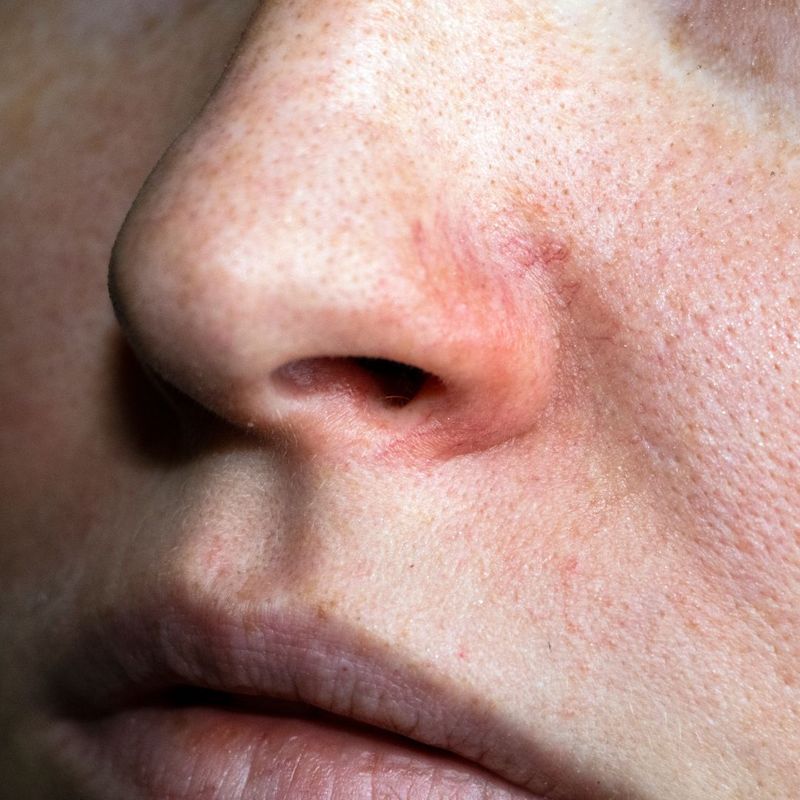If you or a loved one is experiencing symptoms of an autoimmune disease or inflammatory condition, you may be wondering about what disease you’re dealing with. At Central Texas Rheumatology Associates, we treat patients with a wide range of conditions, including lupus. Keep reading to learn more about the signs and symptoms of lupus and when to see a specialist.

What Are Signs And Symptoms Of Lupus?


Muscle & Joint Pain
Patients suffering from lupus may experience a wide range of issues, but a common concern our specialists see is muscle and joint pain. This can take the form of general pain and stiffness and can be accompanied by swelling or simply appear on its own. Areas where this commonly occurs include the neck, thighs, shoulders, and upper arms.

Fever & Fatigue
Because the body is affected by inflammation when suffering from lupus, patients may experience fevers as a result of the body attempting to kill foreign pathogens. In addition to and as a result of these fevers, it’s likely that lupus patients will experience fatigue that can range from mild tiredness to an inability to get up and function.

Butterfly-Shaped Rash
A telltale sign of lupus that many patients may experience is a butterfly-shaped rash on their face that spans across both cheeks and over the bridge of their nose. This rash is is usually red in color and can sometimes appear alone or it can accompany other rashes in different areas of the body.

Other Symptoms and When to See a Specialist
No two cases of lupus present the same way, and every patient’s experience is going to be unique. Other symptoms a patient may experience include skin lesions, extremities (like fingers and toes) that turn blue or white after cold exposure, shortness of breath, chest pain, dry eyes, headaches, confusion, and memory loss. If you think you may have lupus, the best step to take is to visit your doctor or a specialist to get a diagnosis.
